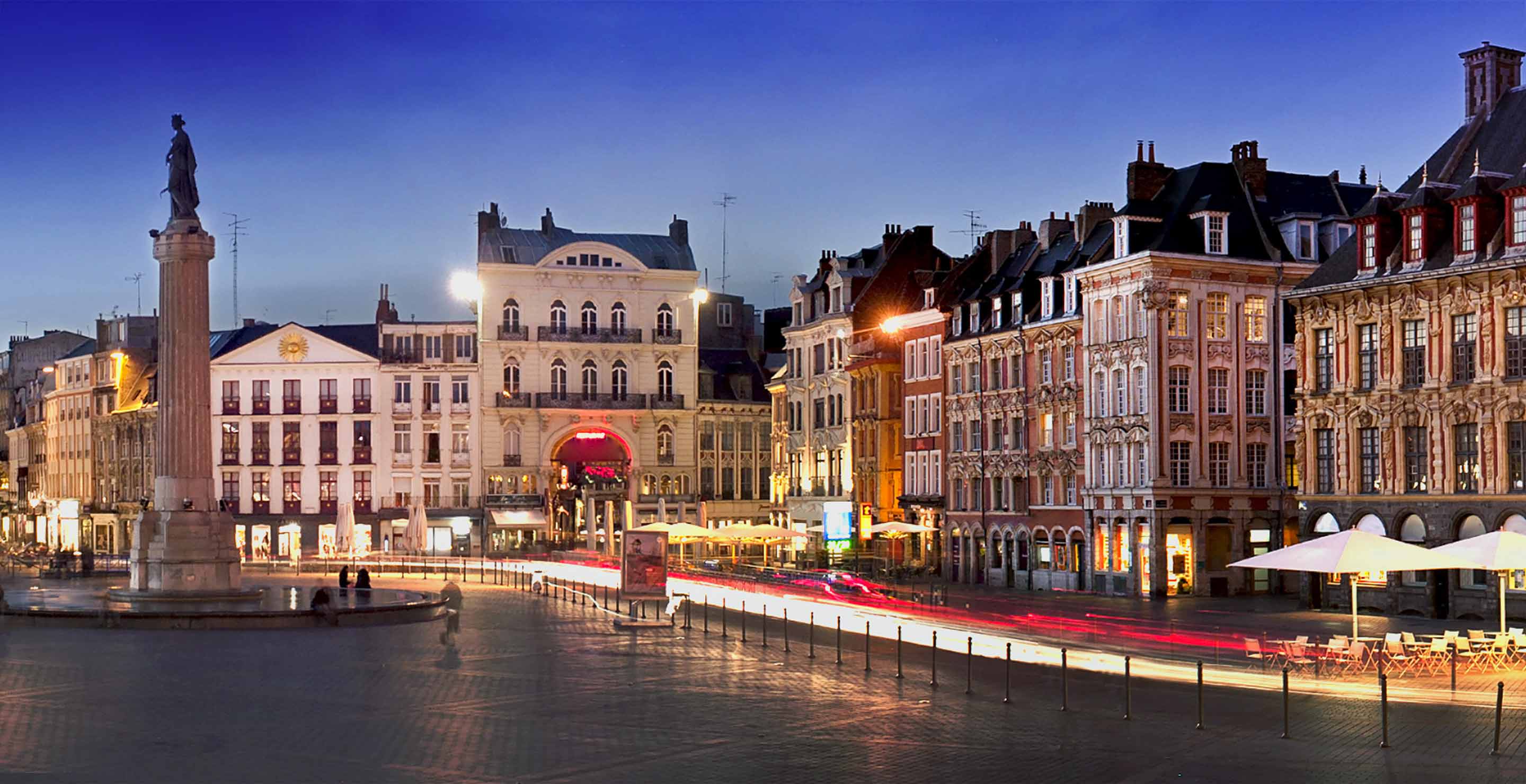Le colloque BioComp 2019 aura lieu du 13 au 15 mai à l’IRCICA Lille.
Inscription:
Le lien pour l’inscription est le suivant:
Le lieu:
IRCICA – 50 Avenue Halley – 59650 Villeneuve-d’Ascq, Lille
La carte suivante indique tous les lieux importants des journées du GDR Biocomp 2019.
Comment venir: Venue
Hotels: Hotels
Programme:
Le colloque se déroulera du lundi 13 mai (13h00) au mercredi 15 mai (12h00).
Voir le programme ici.
Le colloque BioComp’2019 sera suivi d’un atelier Nanospike du 15 mai (après-midi) au 16 mai sur « Spiking Neuron Networks, Nanodevices, Biodiversity ».
Résumés des présentations
Marc Bocquet, IM2NP, Aix-Marseille Université
In-Memory and Error-Immune Differential RRAM Implementation of Binarized Deep Neural Networks
François Cabestaing, CRIStAL, Université de Lille
Recording and low-level processing of electrical brain activity
Yann Coello, SCALab, Université de Lille
A functional approach to the representation of space for interacting with objects and people
François Danneville, IRCICA, Université de Lille
Scaling progress of an ultra-low power neuromorphic technology for spiking neural network
Elisa Donati, ETH Zurich
Neuromorphic hardware for biomedical applications
Julie Grollier, Unité Mixte de Physique, CNRS-Thales
Neuromorphic computing with spintronic nano-oscillators
Elena-Ioana Vatajelu, CNRS/TIMA Laboratory, Grenoble
Fault Modeling of Spiking Neural Networks with STDP
Renaud Jolivet, Département de Physique Nucléaire et corpusculaire, Université de Genève
Energy-efficient information transfer in neural networks
Benoît Larras, ISEN, Lille
LEOPAR: Low-Energy On-chip Pre-processing for Activity Recognition
Philippe Millet, Thales
Challenges in embedded Artificial Neural Network applications
Sdrjan Ostojic, LNC2, Ecole Normale Supérieure
Minimal implementations of behavioral tasks using low-rank recurrent neural networks
Mathieu Poumeyrol, SNIPS
Tract: running deep models on the edge
Jochen Triesch, Neurosciences group, Frankfurt Institute for Advanced Studies
Active Efficient Coding for Building Self-Calibrating Vision Systems
Blaise Yvert, BrainTech Laboratory, Inserm et Université Grenoble Alpes
Neuromorphic spike sorting: Toward very low-power neural processing in cortical implants

